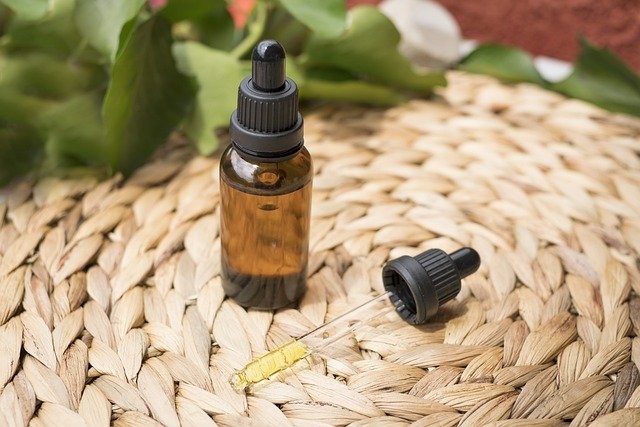Cannabidiol (CBD) oil and hemp oil are often used interchangeably, whether in conversations or product descriptions. However, these two are anything but the same and shouldn’t be confused.
To put it simply, CBD oil is an extract developed from the flowers and leaves of a hemp plant, where CBD and other cannabinoids are located.
On the other hand, hemp oil (sometimes referred to as hemp seed oil) is created through hemp seeds which contain no CBD. Hemp oil is still beneficial as it includes nutritional benefits.
As you shop for CBD, it’s important to know what you’re buying. Unfortunately, a lot of companies may advertise hemp oil as CBD oil.
Some of the following terms may be used when describing hemp rather than CBD oil:
- Hemp oil
- Hemp seed oil
- Cannabis seed oil
- Cannabis sativa seed oil
If you’re on the lookout for CBD oil, keep an eye out for ingredients such as “cannabidiol” or “CBD.” With that said, it’s still in your best interest to always look up the Certificate of Analysis located via QR code or on a company’s web site, which should list cannabinoids present.
Since these two types of oils are different, they also come with a list of different potential benefits.
To give you an idea of how hemp oil can benefit you, research has found its potential benefits to include:
- Nutrition – Hemp seeds have a high content of essential fatty acids, such as linoleic acid (omega-6) and alpha-linolenic acid (omega-3), along with other beneficial minerals.[1]
- Skin Conditions – Due to hemp seed’s omega-6 and omega-3 content, hemp oil has been found to help with certain skin symptoms, such as dryness and itchiness.[2]
On the other hand, the potential medical benefits CBD oil include:
- Mental Health Conditions – In a research paper of numerous different studies, it was found that CBD had a significant impact on people with conditions such as generalized anxiety disorder (GAD), post-traumatic stress disorder (PTSD), panic disorder (PD), obsessive-compulsive disorder (OCD), and social anxiety disorder (SAD).[3]
- Pain – Due to CBD’s anti-inflammatory properties, it’s shown promise in helping ease symptoms of arthritis in pre-clinical models [4]
- Sleep – One study has found that CBD may promote deeper REM sleep. Many have also self-reported that CBD has helped with their insomnia and allowed them to rework their sleep schedule.[5]
It’s important to note that there may be overlap between benefits obtained from hemp and CBD oil and we need greater understanding to better understand those differences.
As you shop for CBD or hemp oil, it’s important to consider these differences between the two products. Before you buy, consider if you are interested in CBD alone or in trying hemp oil.
References
- Hazekamp A, et al. 3.24 – Chemistry of Cannabis, Eds: Hung-Wen (Ben) Liu, Lew Mander, In: Comprehensive Natural Products II, Elsevier, 2010, pg. 1033-1084.
- Callaway J. Efficacy of dietary hempseed oil in patients with atopic dermatitis.
J Dermatology Treatment. 2005;16(2):87-94. - Blessing EM. Cannabidiol as a potential treatment for anxiety disorders. Neurotherapeutics. 2015;12(4):825-836.
- Nagarkatti P. Cannabinoids as novel anti-inflammatory drugs. Future Medicinal Chemistry. 2009;1(7):1333-1349.
- Babson KA. Cannabis, cannabinoids, and sleep: A review of the literature. Current Psychiatry Reports. 2017;19(4):23.
Image Credit: Erin Hinterland
Image Source: https://pixabay.com/photos/cbd-oil-cannabidiol-cannabinoid-5358403/










